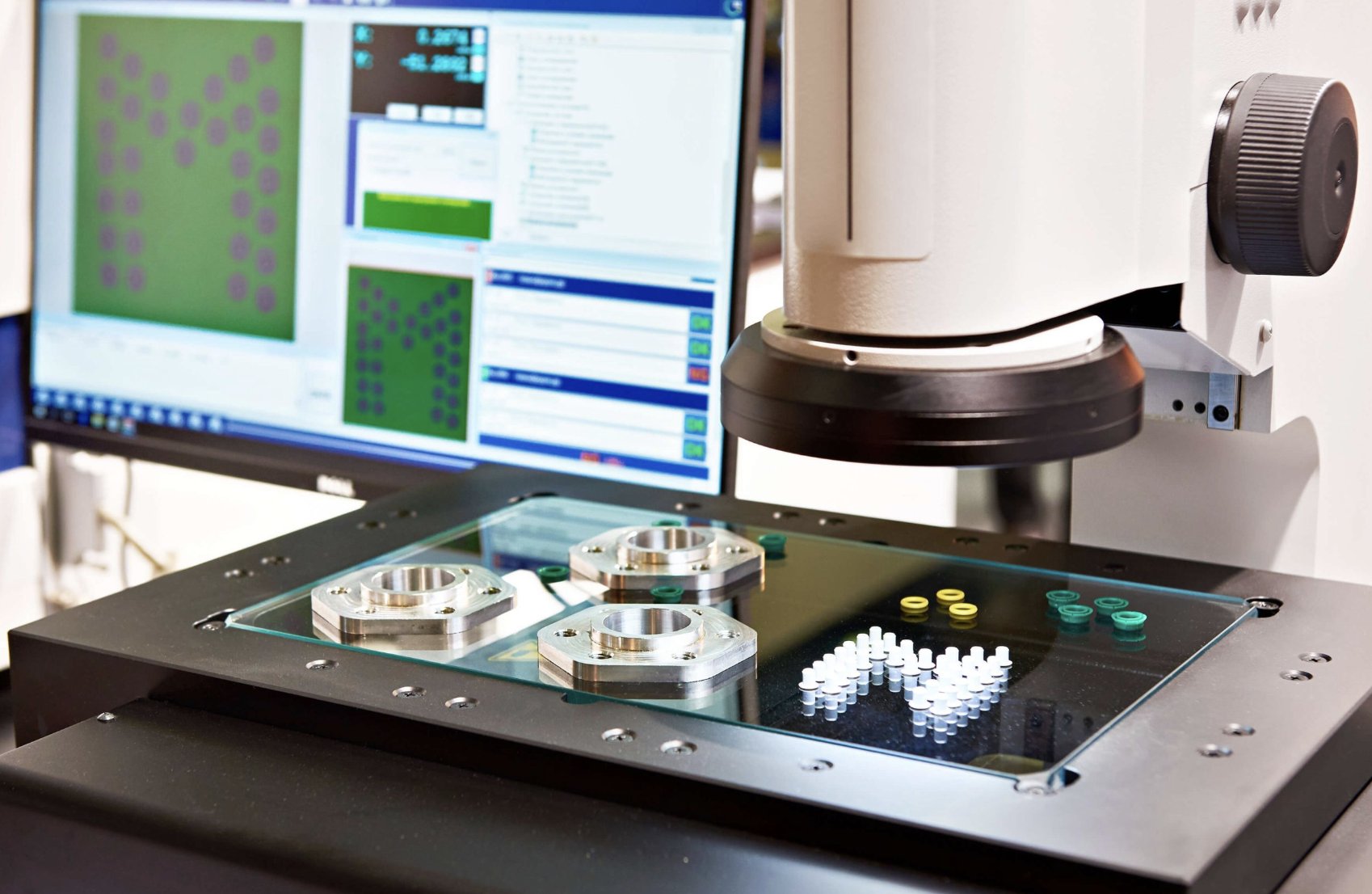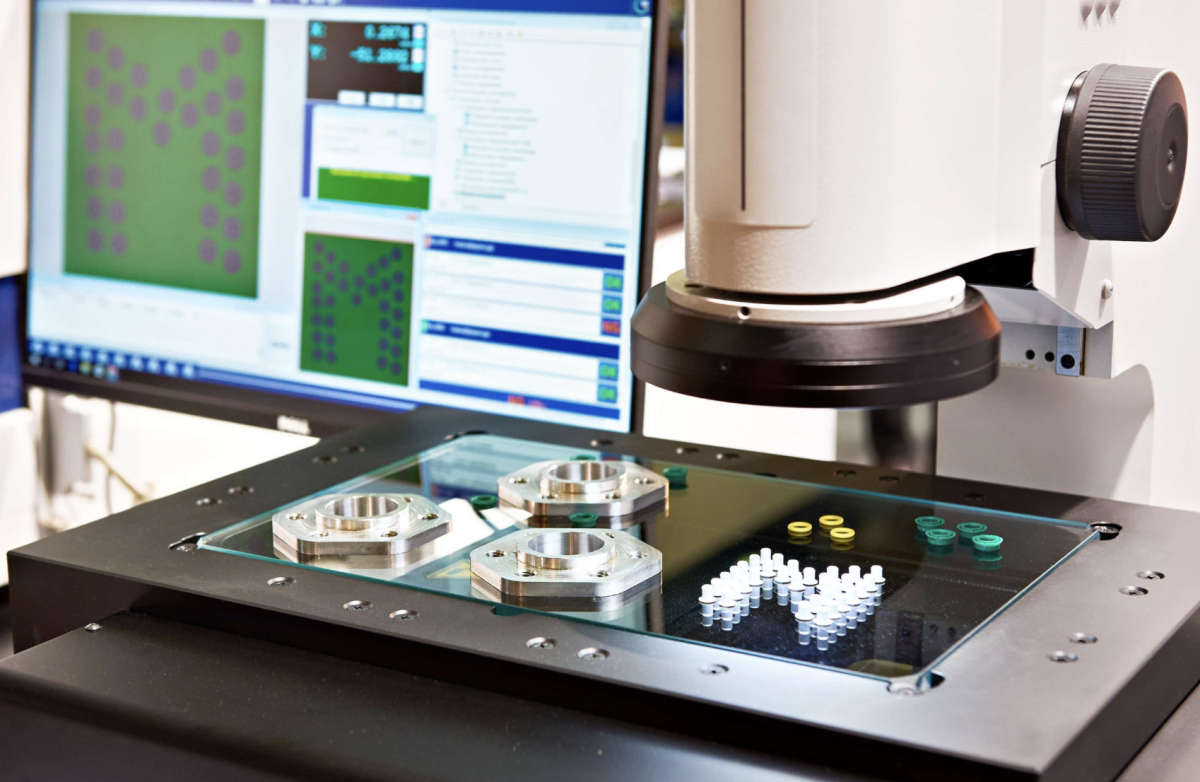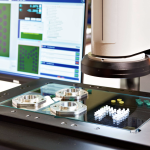What’s Moving the Plastic Industry in 2025
The plastics industry is evolving rapidly in 2025. With the new administration's focus on tariffs and potential policy changes favoring US manufacturers, it’s important to be prepared for anything. New regulations, global sustainability goals, and shifting market demands are reshaping manufacturing.
Injection molding remains critical to meet the growing need for efficient and precise solutions with an expanding focus on sustainable initiatives.
JDI Plastics continues to innovate and adapt to these changes with cutting-edge technology and a commitment to high-quality injection molding services.
Key Takeaways
-
Economic Uncertainty – Interest rate fluctuations will directly impact production costs, investment decisions, and overall industry growth in 2025. Manufacturers must stay agile to adapt to changing financial conditions.
-
Production Expansion – Increased capacity utilization signals strong demand but raises questions about supply chain resilience and raw material availability. Companies must balance growth with efficiency.
-
Labor Shortages – Finding skilled workers continues to be a significant challenge. As automation advances, companies must invest in technology and workforce development to stay competitive.
-
Trade and Policy Risks – Trade policies and fluctuating raw material costs are already impacting global supply chains. The recent tariffs on plastics imports, ongoing trade negotiations, and material shortages force manufacturers to adapt. Many are exploring alternative materials and regional suppliers to minimize disruptions.
-
Regional Disparities – While the U.S. plastics sector steadily grows, other global markets face uncertainty. European manufacturers are navigating economic challenges that could impact demand and production strategies.

Market Growth and Economic Outlook
The injection molded plastics market continues to expand, driven by demand in automotive, medical, and consumer goods industries.
According to recent market analysis, the sector is projected to reach $423.7 billion by 2030, growing at a compound annual growth rate (CAGR) of 3.6% from 2023 onward.
While economic uncertainties persist, the need for lightweight, durable, and recyclable plastics remains strong, supporting steady growth across global markets.
Technological Advancements in Injection Molding
Over the past year, the injection molding industry has experienced significant technological progress. Notable developments include:
-
3D-Printed Steel Tooling: The adoption of 3D-printed metal mold and die inserts has accelerated production timelines and enhanced precision. For instance, the Tooling Xperience Day 2024 showcased industrial 3D printing for tooling applications.
-
Integration of Industry 4.0 Technologies: Incorporating IoT (Internet of Things), AI, and machine learning has revolutionized manufacturing by enabling fully digital, integrated processes from order entry to shipping. This transformation enhances efficiency and product quality.
-
Advancements in Micro-Molding: Growing demand for miniaturized components has led to innovations in micro-molding, producing precise, small-scale parts for medical and electronic applications.
-
Enhanced Molding Process Control: Improved control of different facets of the injection molding process allows manufacturers to utilize techniques that ensure more consistent quality and reduce cycle times.
-
Sustainable Material Innovations: There's a growing emphasis on using recycled and biodegradable materials.

Sustainability Initiatives Shaping the Industry
The push for environmentally responsible plastics continues to gain momentum, with a growing shift toward recyclable and bio-based materials.
Many companies are integrating closed-loop recycling systems that reduce waste by repurposing used plastics into new products.
While biodegradable plastics are making progress, they are not yet widely adopted in industrial applications due to cost and performance considerations. Sustainability commitments from manufacturers and regulatory pressures are accelerating the development of energy-efficient production methods and alternative resins.
Regulatory and Policy Impacts
China has implemented provisional anti-dumping duties on industrial plastics imports from the U.S., EU, Japan, and Taiwan, with tariffs ranging from 3.8% to 74.9% as of January 24, 2025.
These measures are already affecting global supply chains, leading to price shifts and increased scrutiny on sourcing strategies.
Manufacturers reliant on imported raw materials must now navigate these changes to maintain competitive pricing and production efficiency.
JDI Plastics: Leading the Charge in 2025
Commitment to Innovation
Investing in cutting-edge injection molding technology allows JDI Plastics to improve production speed, precision, and flexibility. With advanced automation and capabilities like microprocessor drying control, Meltflow Analysis, and Moisture Analyzation, we are pushing the boundaries of efficiency and product consistency.
Emphasis on Sustainability
JDI Plastics integrates eco-friendly materials and energy-efficient processes into its operations. JDI Plastics is making measurable strides toward greener manufacturing by focusing on recyclable resins and reducing production waste.
Adapting to Regulatory Changes
Evolving regulations require manufacturers to stay ahead of compliance standards. JDI Plastics proactively adjusts sourcing strategies, material selection, and production techniques to align with new policies. This adaptability helps customers avoid supply chain disruptions while maintaining high-quality standards.
Looking Ahead: Progress Never Stops in Injection Molding
The plastics industry in 2025 is defined by innovation, sustainability, and shifting regulations. Companies that embrace new technology and adaptability will remain competitive in an evolving market.
JDI Plastics is committed to delivering efficient, high-quality injection molding solutions while adapting to industry changes. With a focus on cutting-edge technology, sustainability, and regulatory awareness, JDI Plastics continues to provide reliable plastic manufacturing services for a rapidly changing world.





